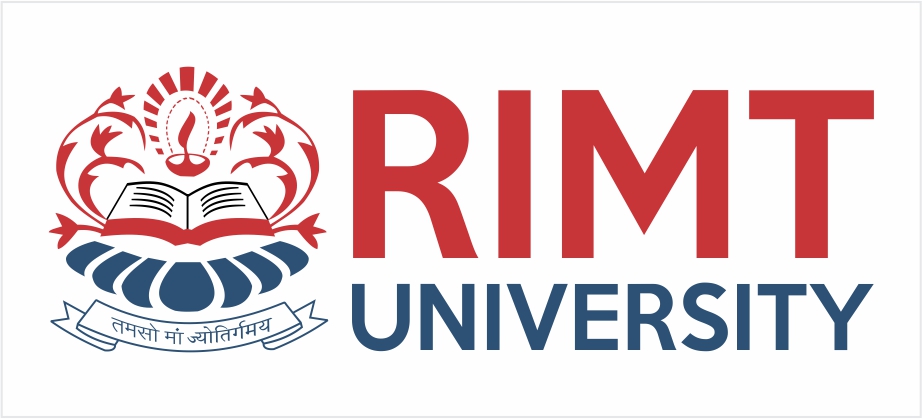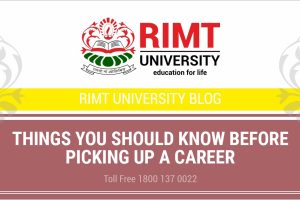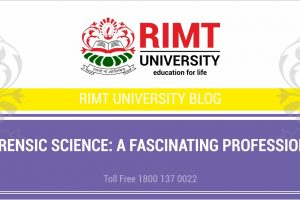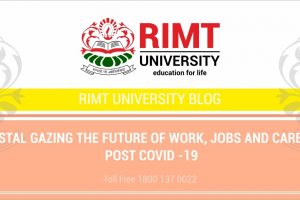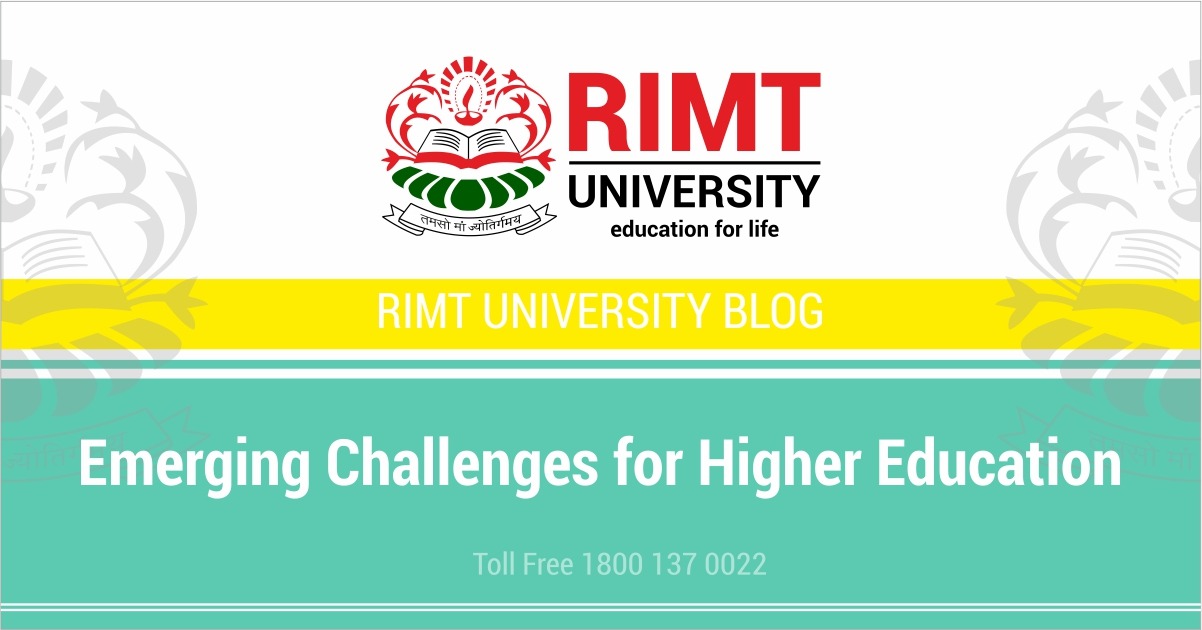
COVID -19: Emerging Challenges for Higher Education
COVID- 19 has brought a paradigm change in the education Sector. The whole of education sector is set to change The pandemic has impacted our education systems, forcing million of students out of schools and universities and with the fear of continued lockdown the class room teaching seems a distant dream and with our poor record of options like distance learning or online learning remaining out of reach for those without means to connect we need to seriously look for delivering effective learning. We should treat it as an opportunity to build a better education sector.
While many sectors have been disrupted by technology over the last decade, higher education has remained mostly in its traditional format through bricks and mortar infrastructure and face-to-face delivery. Online education seems to be the first remedy to tackle the problem, but the first question that comes to mind is, Are we prepared to adopt technology shift required in the education sector for facing post-Covid situations?. The Indian education system has remained largely in its traditional format with classroom face to face delivery considered as the best form of teaching; Interestingly, despite all talk of digital learning the universities by and large are typically using low tech applications, As we frantically work to transferring to the online system, we will have to look and take a view how to overcome these bottlenecks.
It is important to reconsider the current delivery in higher education by seamlessly integrating classroom learning with e-learning modes to build a unified learning system. Online teaching requires strong Internet connectivity and strong computer-based education in Universities and Colleges. The most of the Universities and colleges are having basic equipment like computers and internet connectivity, but neither all the teachers nor students are computer savvy, so first thing required will be training to students and professors on the use of online education and applications and in addition to it we will have to reframe the syllabus in such a way that at least 40 percent content as online modules should be made mandatory and it should be ensured that online learning should not be treated as creating a bank of video lectures or providing notes in PDF format. we need to develop high-quality digital learning content. The MOOCs such as Coursera, NPTEL can be guiding light.
Another challenge will be to conduct University exams, placements, and admissions for the next session, and the only solution seems to be going for online platforms that integrate all these programs.
With courses being delayed and students not able to travel or being subject to more rigid health requirements, academic institutions should be implementing systems to accommodate all the students that will be affected’ We need to regularly communicate with our students and their parents and make them aware of our efforts to teach them, and as and when the students start arriving in campus, health insurance and effective travel policy is the need of the hour
We at RIMT University, Mandi Gobindgarh ( Punjab), sincerely believe that change is inevitable and this is a golden opportunity to create a seismic shift and affect change in an unprecedented manner in our education system. We have already started integrating and further developing our already developed tech-savvy education delivery and support system
Dr Mandeep Singh Bindra
Director Academics
RIMT University
